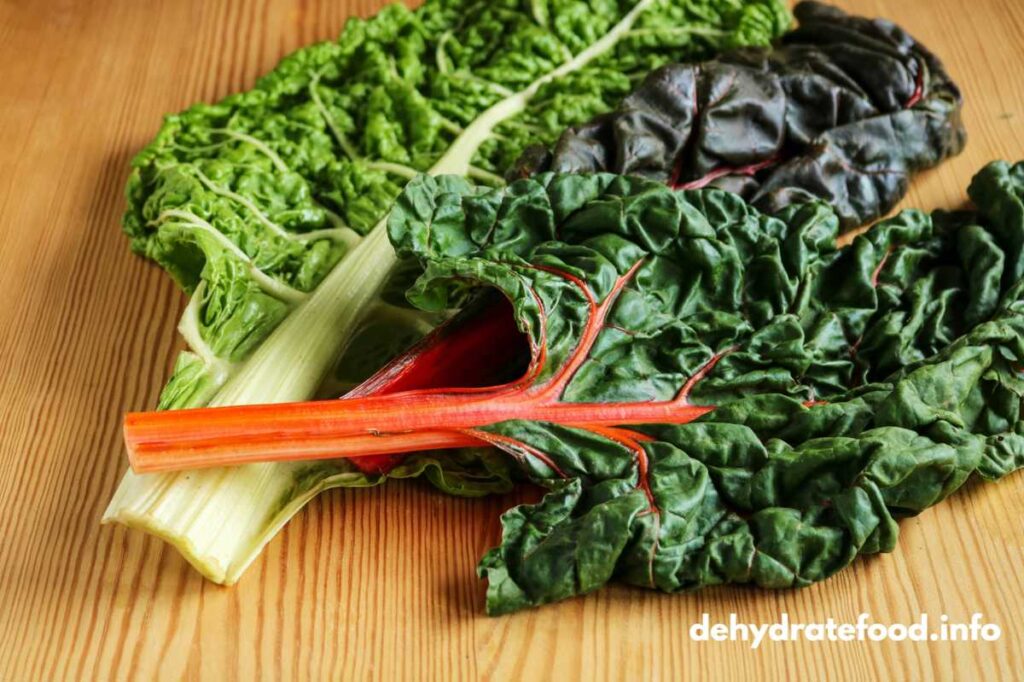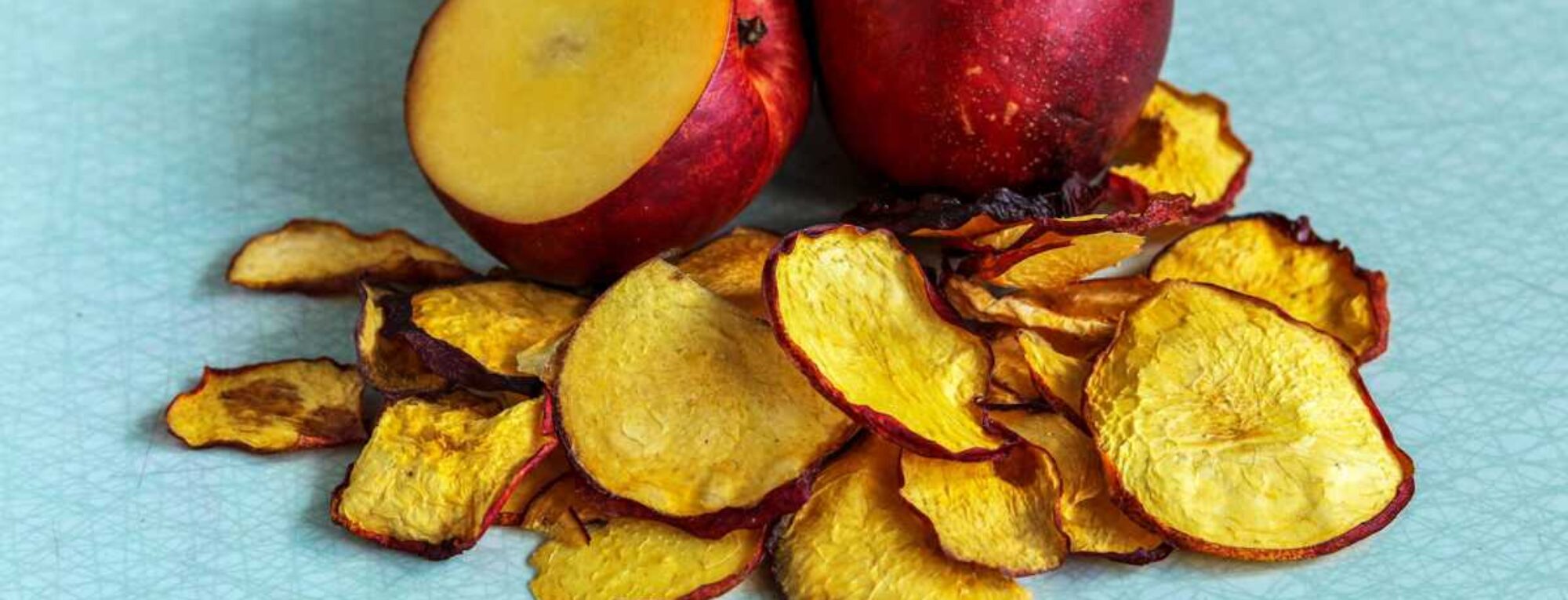Dehydrating food allows you to take advantage of seasonal food or when there are sales at the grocery store. Dehydrating excess fruits, vegetables, and herbs can reduce food waste and save money in the long run.
Dehydrating food provides a convenient, cost-effective, and nutritious way to preserve and enjoy a wide range of foods in your home!

Storage
Dehydrated food requires little space for storage. The size of the dried food is a fraction of fresh, and since it is already cut and prepared, it saves time when you want to use it in everyday cooking.
Image: Dried beet root
Nutritional retention
The dehydrated food preserves most nutrients, including vitamins, minerals, and enzymes. Compared to other processing methods like canning or freezing, dehydration retains more nutritional value.


Flavor enhancement
Removing water from food concentrates its flavours, resulting in a more intense and rich taste. Dehydrated fruits, for example, tend to have a naturally sweet and concentrated flavour.
Image: dehydrated apples
Versatility
Dehydrated food can be used in a variety of ways. It can be enjoyed as a snack on its own, rehydrated for use in recipes, or ground into powders or flakes for seasoning and flavouring dishes.
Image: Dehydrated powder of apple, beet root, tomato and orange.



